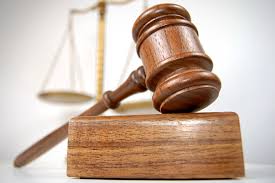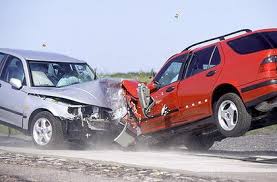Can I be Fired for Complaining About Sexual Harassment?
The Civil Rights Act of 1964 was created to prevent discrimination in the workplace based on race, sex, color, national origin, or religion. However, that does not mean that discrimination is not a common issue, or that sexual harassment does not take place in the work place. Sexual harassment is a common form of employment discrimination for people of both genders, differing sexuality, and does not have to come from someone of the opposite gender. The Equal Employment Opportunity Commission (EEOC) states that it is unlawful to harass an applicant or employee of any sex in the work place. Sexual harassment can take the place in the form of sexual bribery referred to as quid pro quo, or as a “hostile work environment” which is accompanied by offensive comments or unwanted physical contact.
If you approach your employer about a sexual harassment problem in your own workplace, you should be aware that your employer is legally obligated to address the matter and is liable for any of your, lost income, pain and suffering some employees have experienced negative consequences after filing a complaint or assisting with someone else’s. Some of these negative consequences include being fired, demoted, suspended, poor evaluations or an unfavorable job placement. Such action is called “retaliation” and this treatment by an employer is illegal and you may be able to file a lawsuit.
Being fired for reporting sexual harassment is just as illegal as the vulgar act itself. Even if you cannot prove sexual harassment, it does not mean that you cannot prove retaliation. You may be able to receive damages to compensate you for any negative action your employer may have taken against you. In some cases it may be difficult to prove that any retaliation has been made against you or your fellow co-workers, which makes it important that you contact an experienced attorney, who can help you address your situation. Your employer cannot fire you because you complain about sexual harassment. If you are fired, consult an experienced attorney to learn about your legal rights as soon as possible as there are strict deadlines to file all such claims.
If you have experienced sexual harassment or employer retaliation, speak to the Sexual Harassment attorneys at Eisenberg & Baum – call 212-353-8700 and schedule a consultation today.




